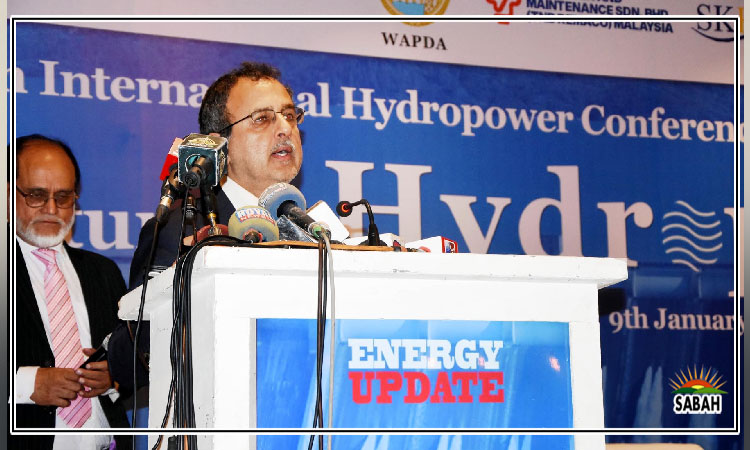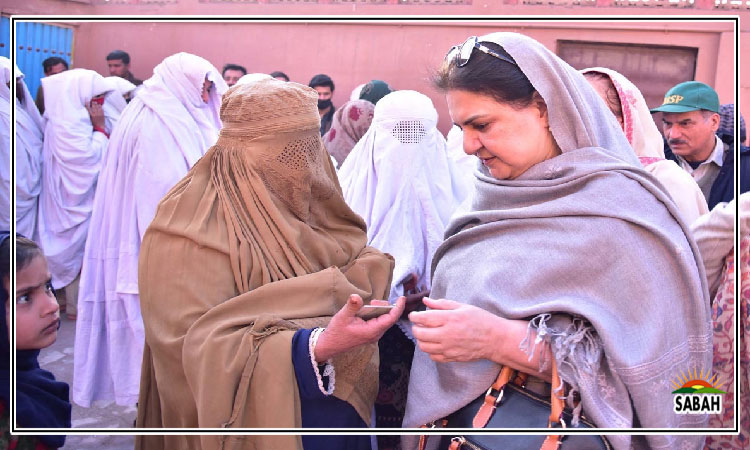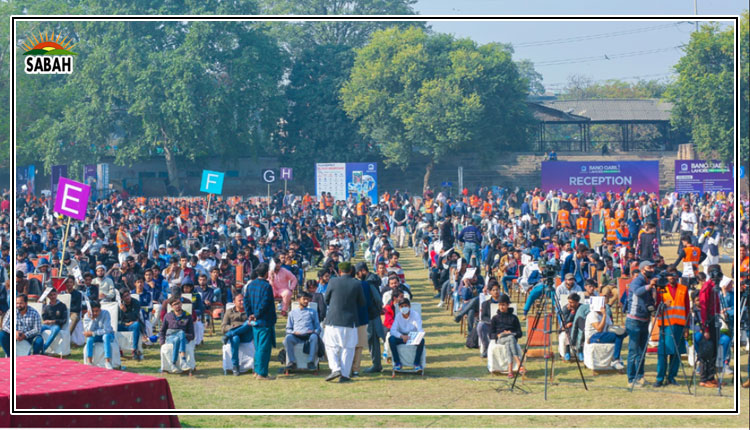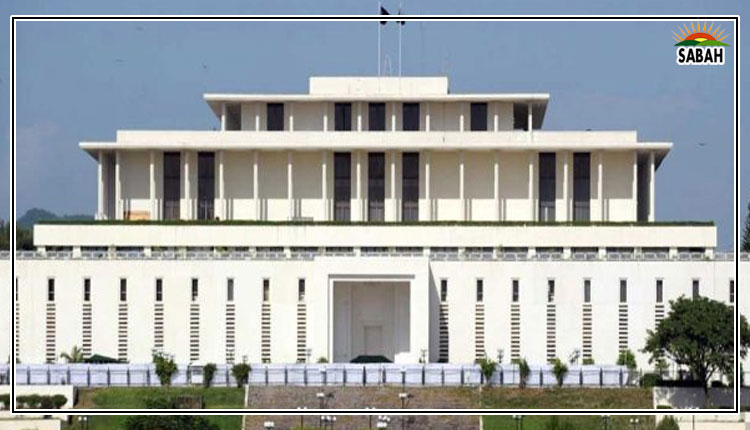Evasion politics …Umair Javed
AMONG a litany of economic woes in Pakistan, the narrowness of the tax base and excessive burden placed on citizens through consumption and withholding taxes is well established. The fact that income tax collection is overly reliant on a few sectors and the salaried class, and that sales tax is largely collected from imports and domestic manufacturing, rather than the rest of the value chain, is well established.
What is truly staggering, though, is the extent to which large sections of the economy remain undocumented in terms of income accumulation, ie they fall in the informal economy. One such section that is repeatedly mentioned is the retail-wholesale sector. In the following paragraphs, I want to identify some key aspects of this particular type of informality — drawing on forthcoming research by the Pakistan Business Council (PBC) — from the perspective of constrained resources available for development.
Wholesale and retail trade (henceforth, WRT), contributes 32 per cent within the services sector and 18pc to overall GDP. A key defining feature of WRT is that it consists largely of small and medium-sized enterprises operating in both the formal and informal economy. Using past data of WRT enterprises as a proportion of commercial electricity connections (around 60pc), it is estimated that the total number of wholesale and retail establishments in the country is 2.39 million. Of these, currently around 2m are retail trade establishments, roughly 262,000 establishments involved in the sale, maintenance/repair of motor vehicles, and 96,000 wholesalers. The sector is almost entirely dominated by informal employment relations. Labour force estimates show that 97.7pc of all persons (ie 9.77m individuals) working in the WRT sector are informally employed.
Informality in the WRT sector has significant fiscal implications, especially when compared to the more formalised manufacturing sector. The share of the manufacturing sector in direct taxes amounts to 34.5pc, a full 22pc greater than its share in GDP. On the other hand, wholesale and retail trade contributes a paltry 2.9pc towards direct taxes, 15pc less than its share in GDP. Using FBR data from 2018-19, in rupee terms, a proportionate revenue obligation on the wholesale and retail sector would amount to a minimum of Rs277 billion, or at least Rs234bn greater than its current contribution
A similar imbalance emerges in the domain of domestic sales tax collection. Estimates of WRT’s drawing on non-manufacturing, non-importing business sales tax returns from association of persons and individuals show that the overall percentage contribution to domestic sales tax collection amounts to a nearly negligible 1.65pc. In contrast, the manufacturing sector’s contribution exceeds 75pc.
These problems have been well identified by all domestic and international policy actors working on revenue mobilisation in Pakistan. But the key issue remains that since the 1990s, associations representing the WRT have thwarted a number of reform efforts to expand documentation of the economy through protests and lobbying, and specifically prevented any capture of the true extent of economic activity in the sector.
In June 1998, for example, the PML-N government at the centre attempted to extend the general sales tax net onto the retail sector through a clause in the annual budget legislation. This was pushed back by a wave of protests. Similarly, in 2000 and 2001, the military government of Gen Musharraf launched a documentation drive, through a Documentation of Economy ordinance, aimed at assessing the actual turnover value of the retail sector. Despite the regime’s insulated, authoritarian character, it too was unsuccessful in the face of successive shutter-down strikes in Punjab and Sindh, including one that lasted for 11 successive days.
In 2011, there was once again significant mobilisation against a reformed general sales tax/VAT extension to the retail stage. In 2014, traders successfully mobilised against consumptions audits of self-assessed income tax returns, in 2015 against the imposition of 0.6pc withholding tax on banking transactions, and in 2016 against the extension of the sales tax net to non-tiered retailers.
In 2019, tax authorities attempted a significant reform by making mandatory the submission of the computerised national identity card copies for all transactions above Rs50,000 at the B2B (business-to-business) and B2C (business-to-consumer) level. However, this again was suspended after significant collective action by traders across the country, coupled with backdoor lobbying against the then FBR chairperson. It was finally entirely rolled back in the 2022 budget. The most recent incident of collective action was against the imposition of a fixed tax on non-tier 1 retailers in the 2022 budget, proposed to be collected through the electricity bills. Here too, after public lobbying by associational representatives of the WRT sector, the move was taken back after a change in leadership at the finance ministry.
Constant engagement with political and bureaucratic actors for the purposes of financing elections, exchanging rents, and safeguarding their economic interests gives wholesale and retail traders an extremely high degree of political influence. The same influence is used in a wide variety of circumstances, including for their own political ambitions, which is why so many politicians in the urban areas tend to belong to business occupations.
Countries that have successfully reduced tax informality in wholesale and retail trade have done so through a number of incentive- and punitive-based interventions. These include heightening state capacity for market intelligence, enforcing business registration and forced-adoption of value-chain documenting technologies (such as the point of sale system that FBR is trying to implement). Greater incentives such as easier access to formal-sector finance, reduced tax rates and higher input-tax adjustments are also offered to improve compliance.
The issue of politicians being able to withstand opposition from influential actors is central to any reform initiative. Entrenched opposition and collective action towards combating documentation efforts are unlikely to dissipate anytime soon. But with each passing year that’s spent relying on a narrowing tax base, it becomes clear that the status quo is unsustainable.
courtesy Dawn News












